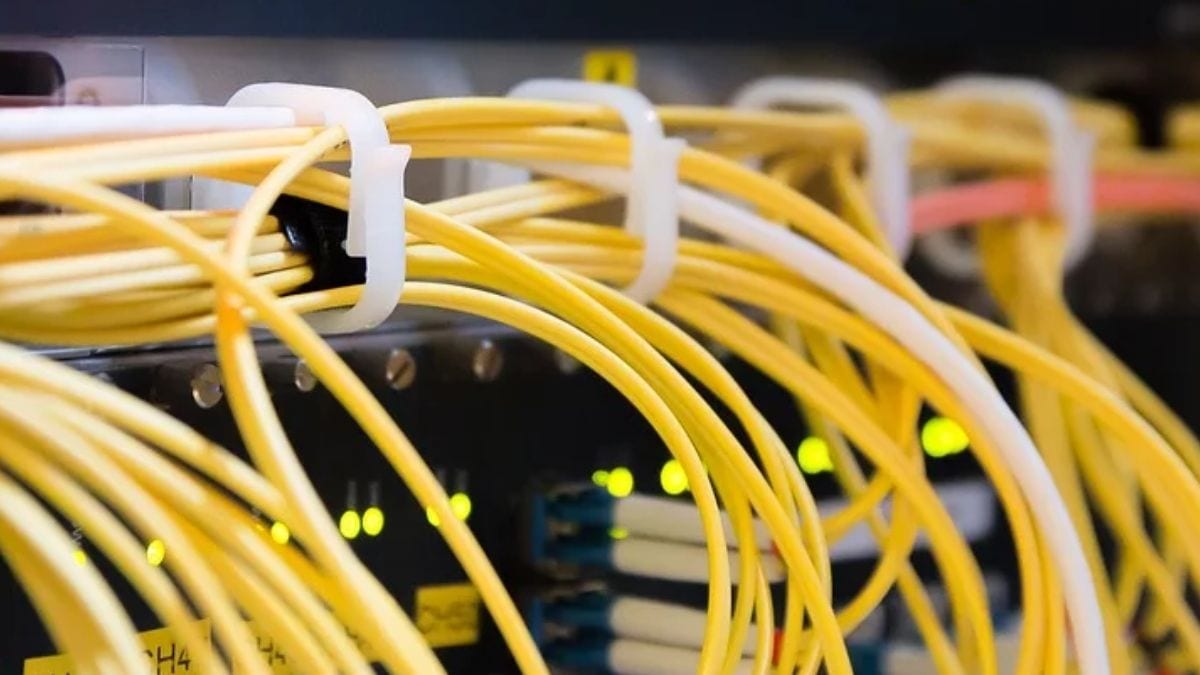How to Choose the Right Proxy Server for Canada

Right Proxies and How to Choose Them
The first question many of us ask when searching for a proxy: free or commercial? If you need to pretend to be a Canadian resident just once, you may be good with one of those free proxies or VPNs that offer their browser extensions and lots of ads. But if it’s a systematic part of your activity, you better choose a commercial service with defined terms and responsibilities. After all, you share your sensitive data with these services: your actual IP address and system data, the sites you visit, and so on.
There are other important details about proxies you should consider:
- Legal aspects. If your relations are not regulated, it may be risky.
- Connection speed.
- Simultaneous connections. A number of them may be necessary for certain jobs, like logging in through multiple test accounts or checking the functioning of your website.
- Data volumes they offer under various plans.
- Uptime (which should be at least 99.99%)
- Setup ease. Usually, you don’t need any extra software to use a proxy on your computer. You just receive the IP address, login and password you enter in your browser or in your network settings. Some providers, though, may offer it a different way.
- Precise location selection. This is one of the aspects that matter in Canada for website managers and admins, and here is why.
What to Know About Canada When Choosing a Proxy
The main thing everybody knows about Canada is its bilingual status. Two languages are official in Canada, namely English and French. They are both widely spoken but spread unevenly: most French speakers dwell in the Quebec province.
If you are making a multilingual website, and you are concerned about displaying it in the right default language for potential viewers, you should not settle for just checking how it opens in Canada. You better check it from various Canada proxies, at least one in Montreal (or other location where French prevails) and one in Ottawa, Toronto, or any other English-speaking place. Catering to your clients this way will show your attitude.
This is one more reason to use commercial proxies. Free ones usually don’t let you adjust your location that precisely, only offering you to choose the country. With Canada, your business may require more.
The Conclusion
If you appreciate your privacy, security, time, and correctness of the results, a proxy is not a thing to save on. Especially if you run an ecommerce project that requires correct and precise feedback. Accessing sites under a Canadian disguise without the necessity to leave home or hire a Canadian resident is a great advantage provided by proxies. So if your business or everyday activity has something to do with this country, Canadian proxy will ease your life.



